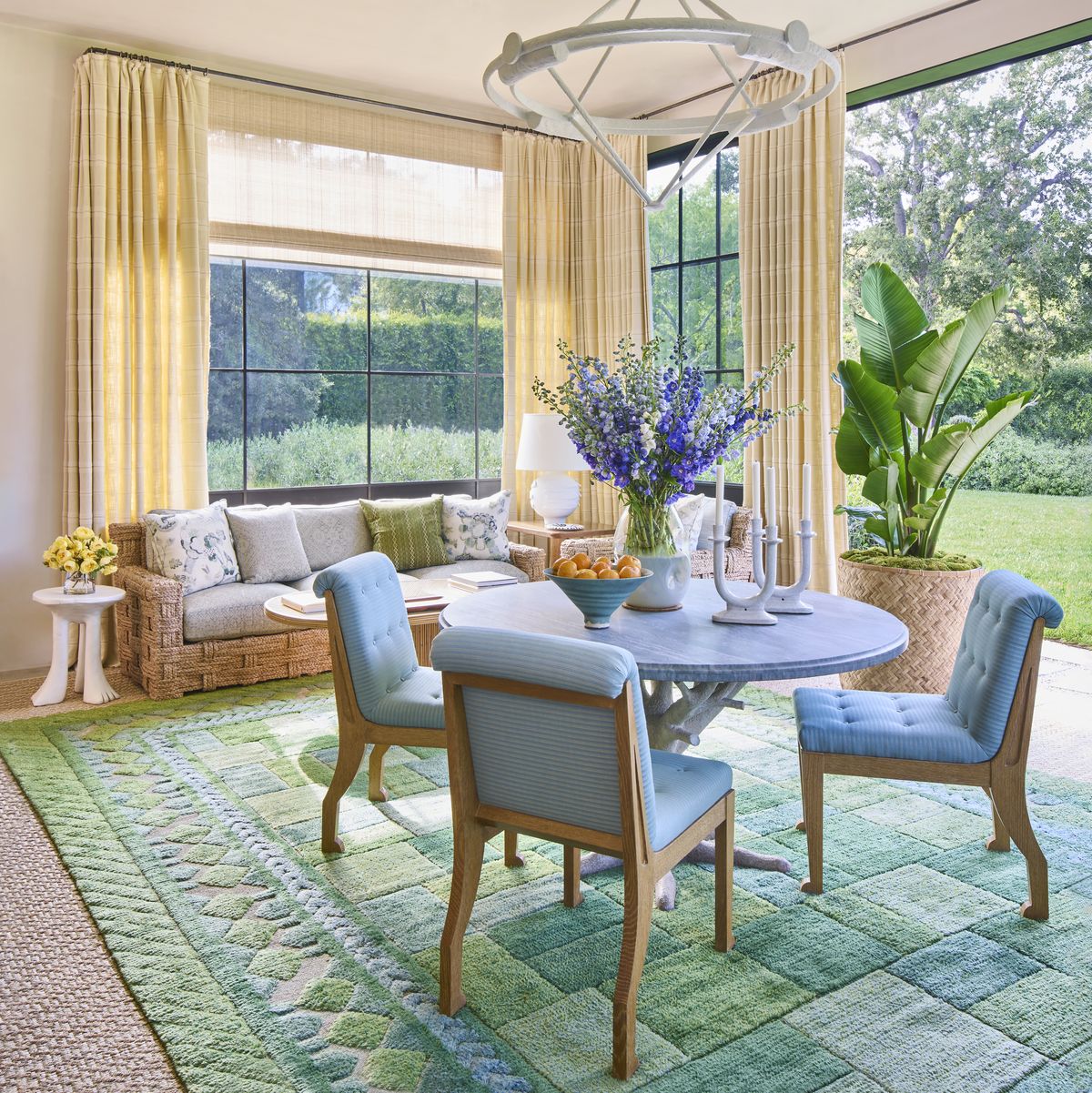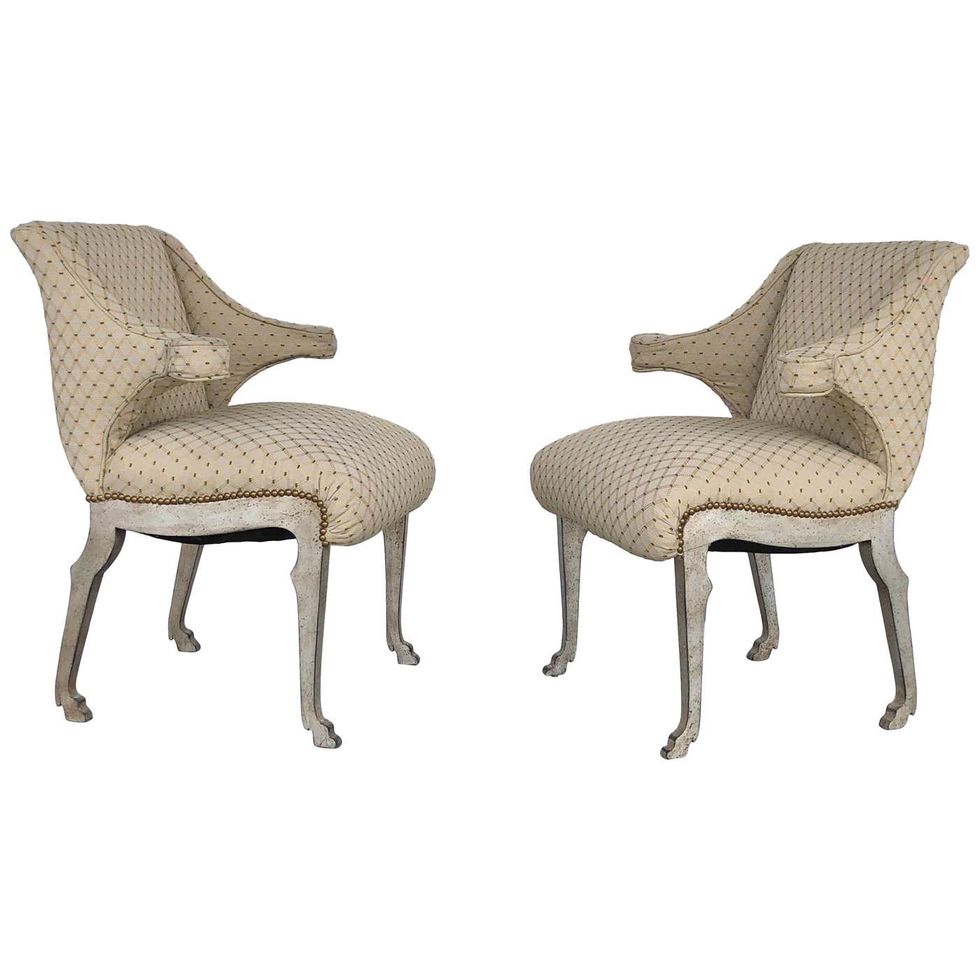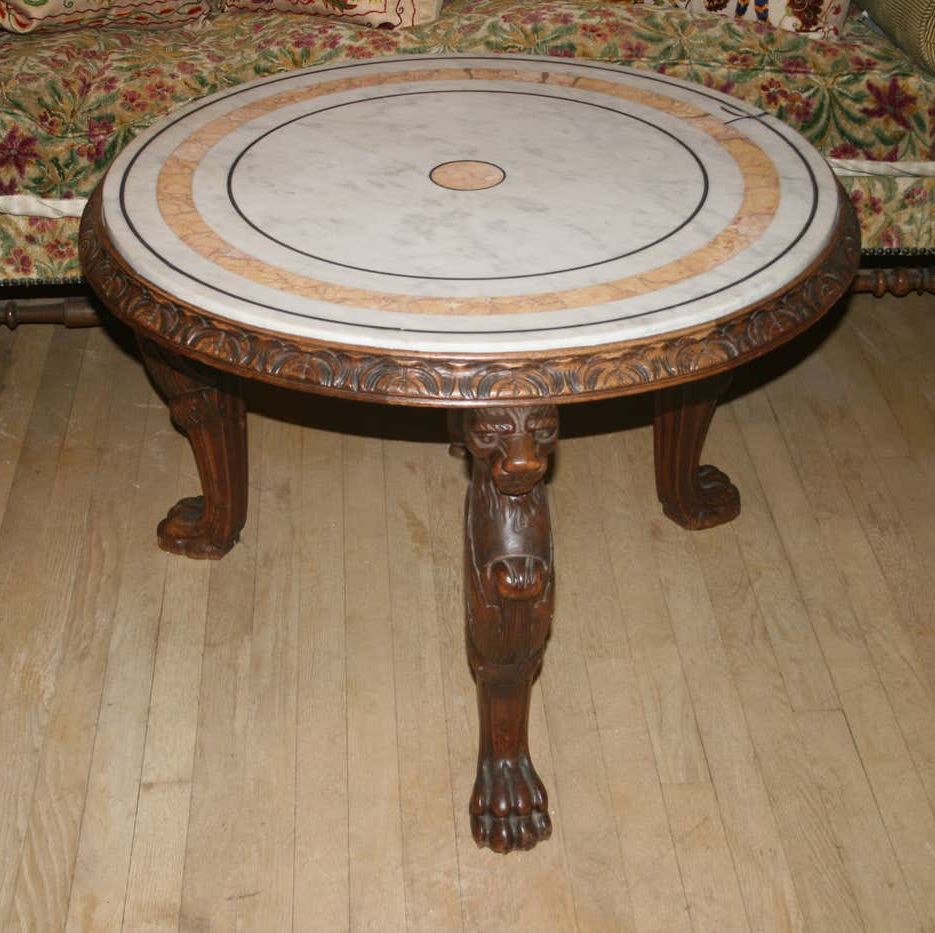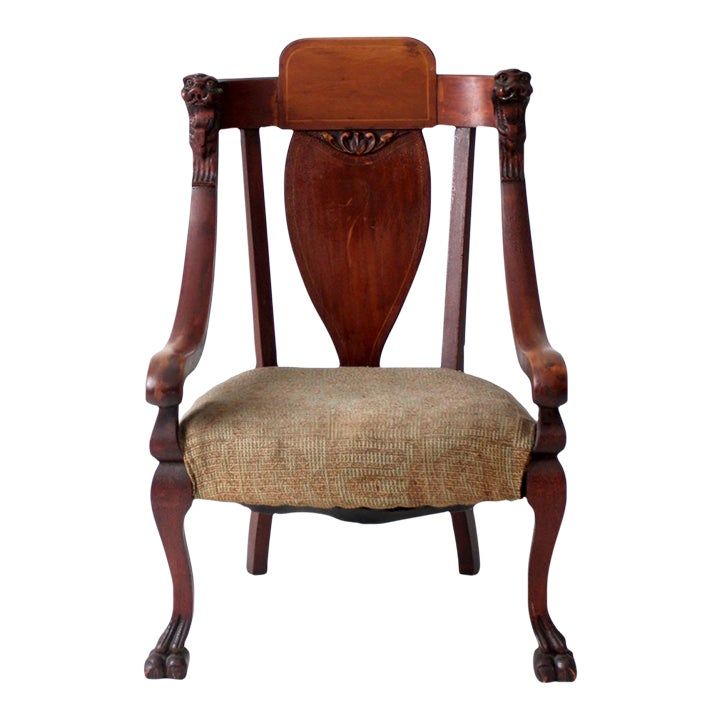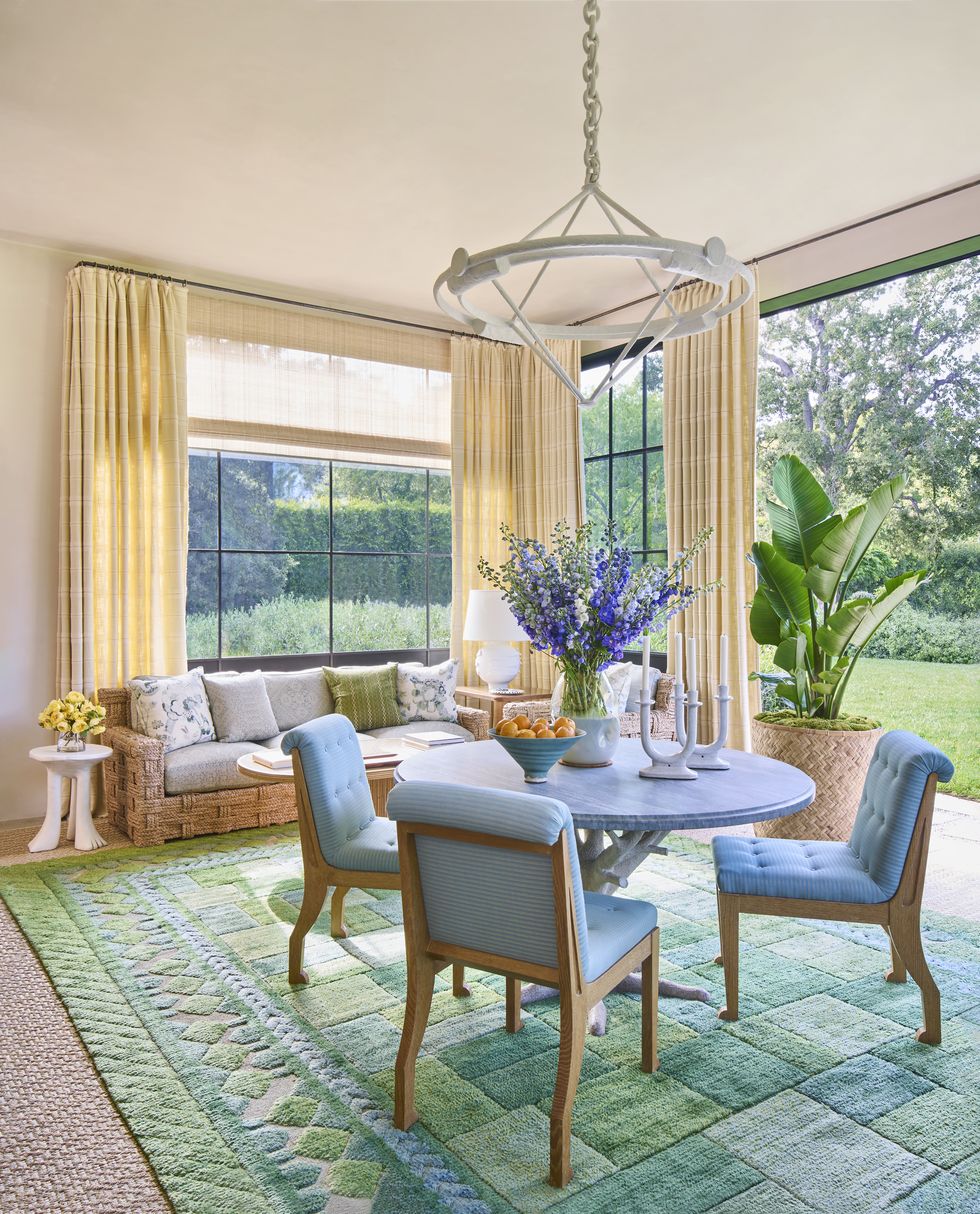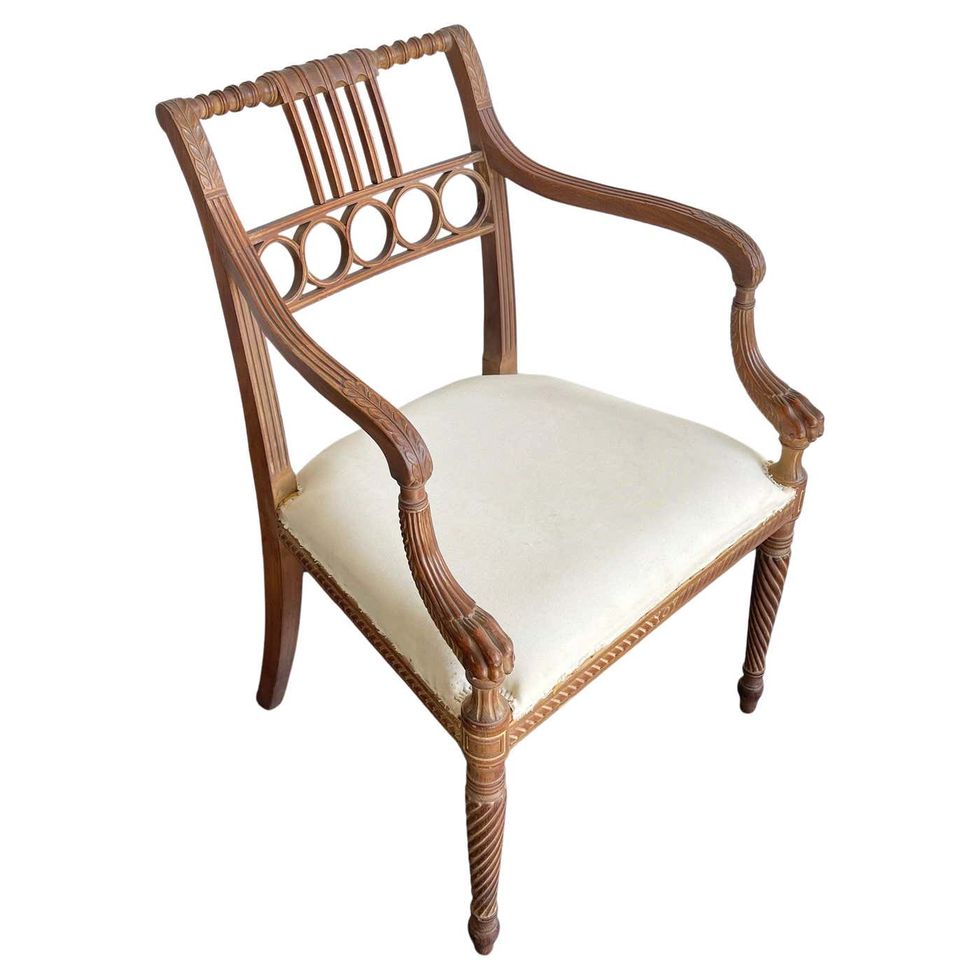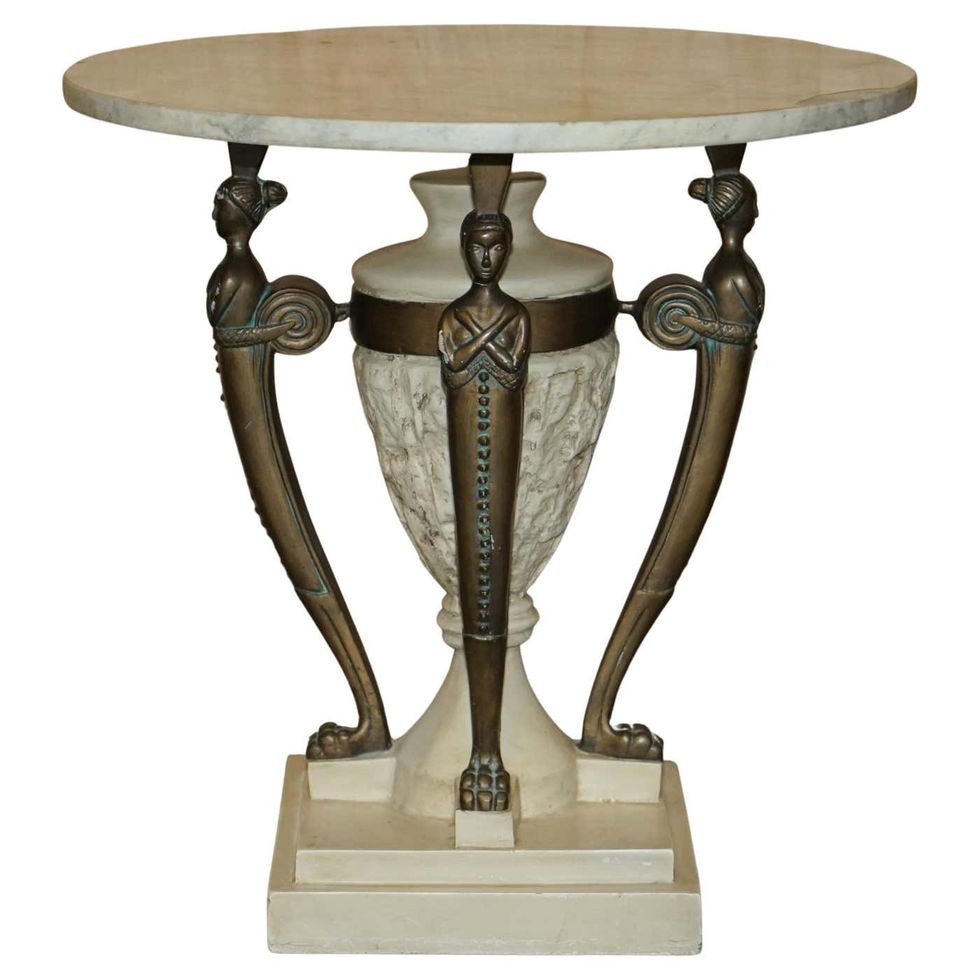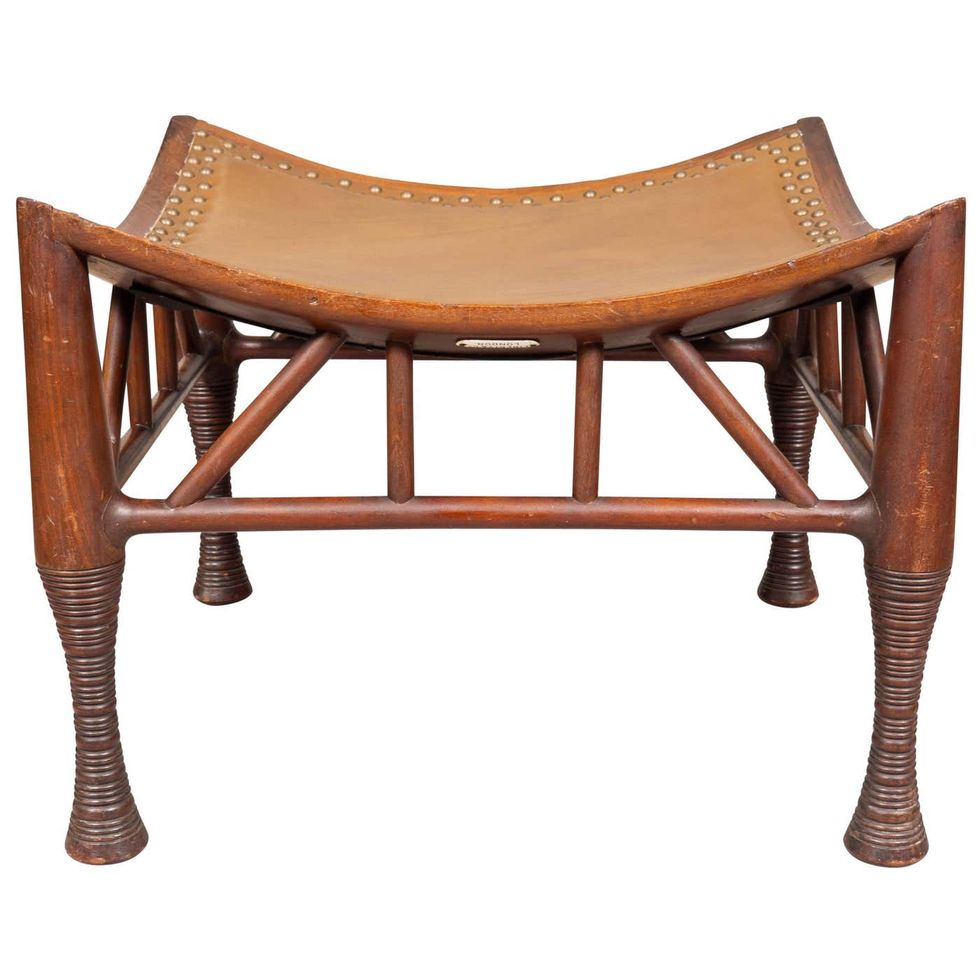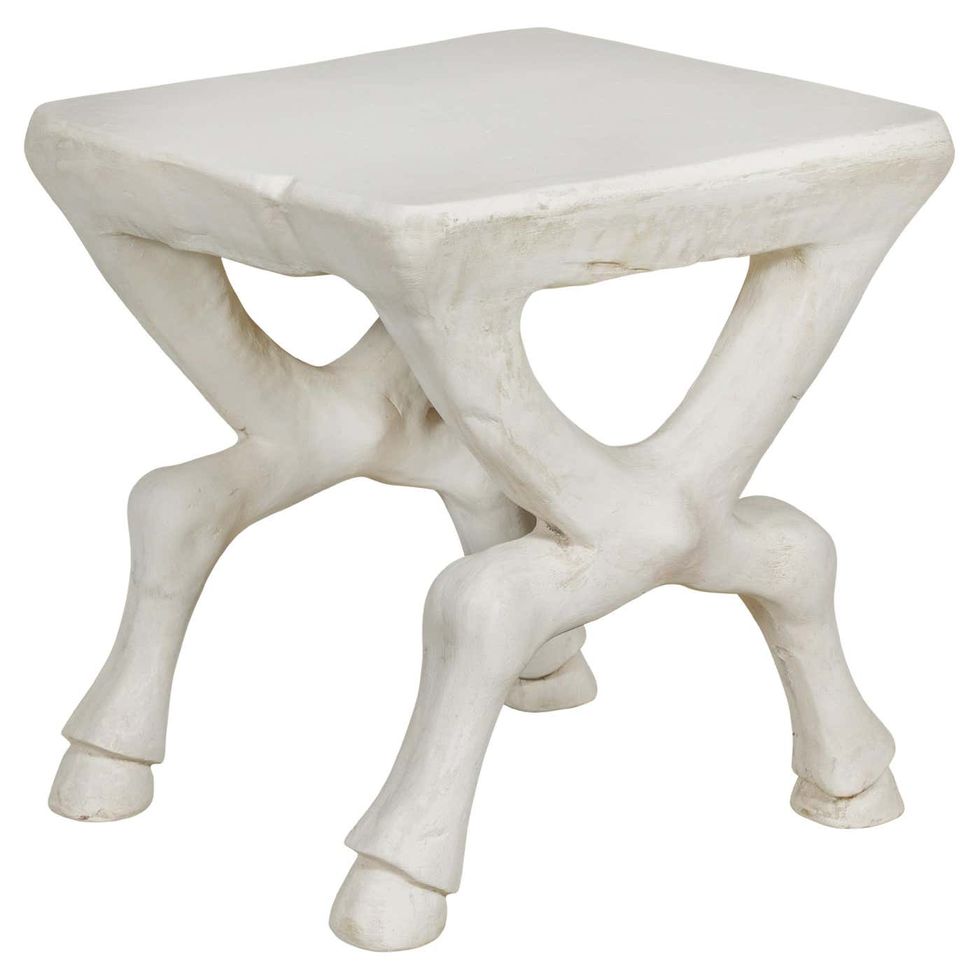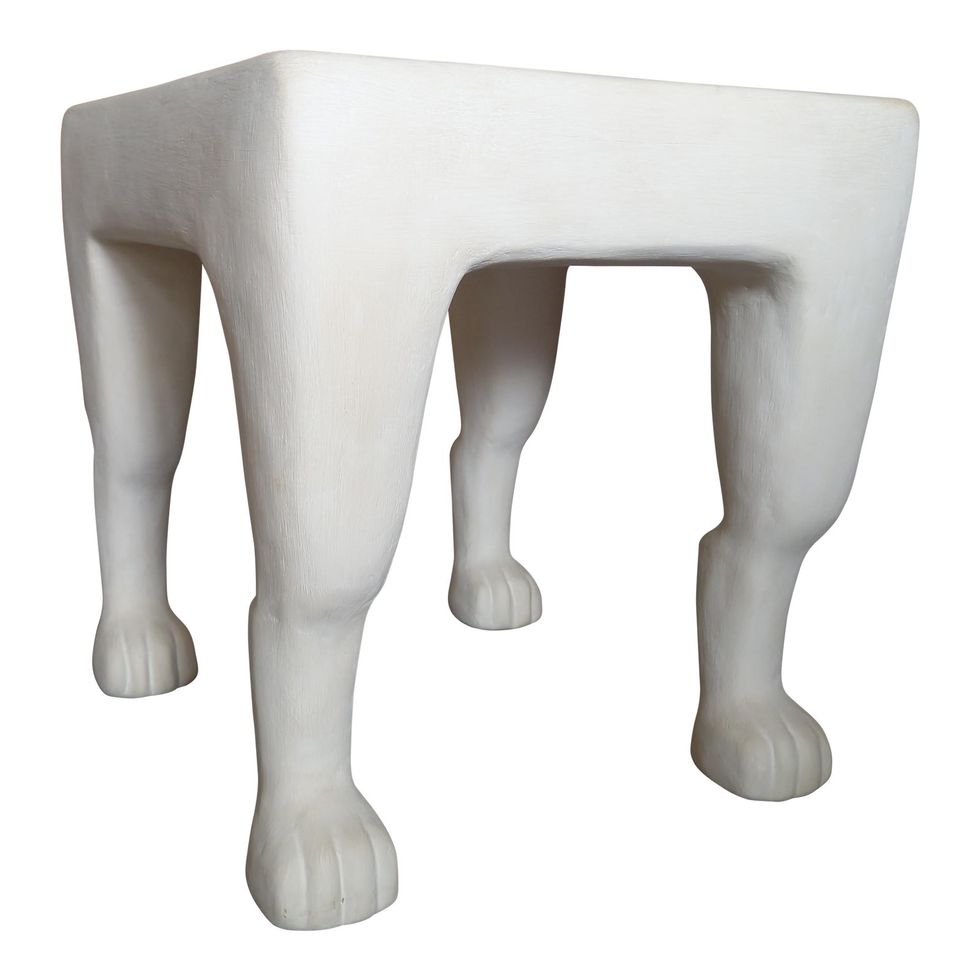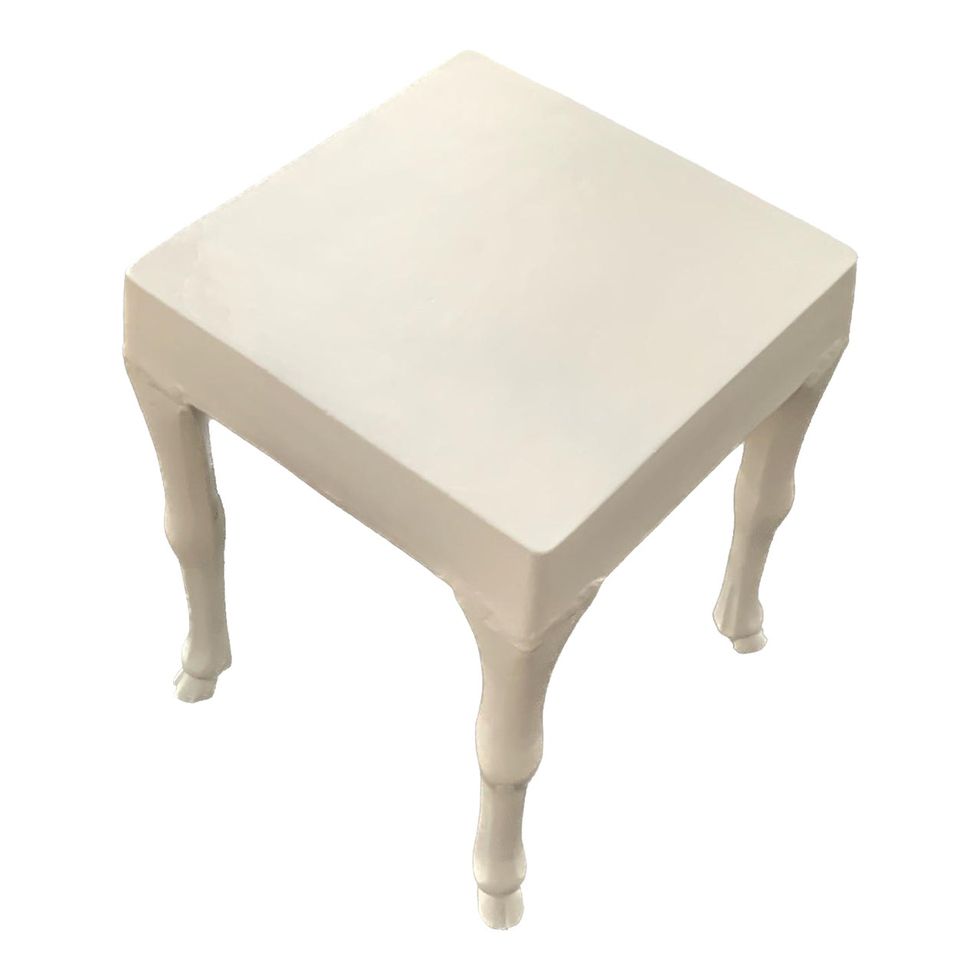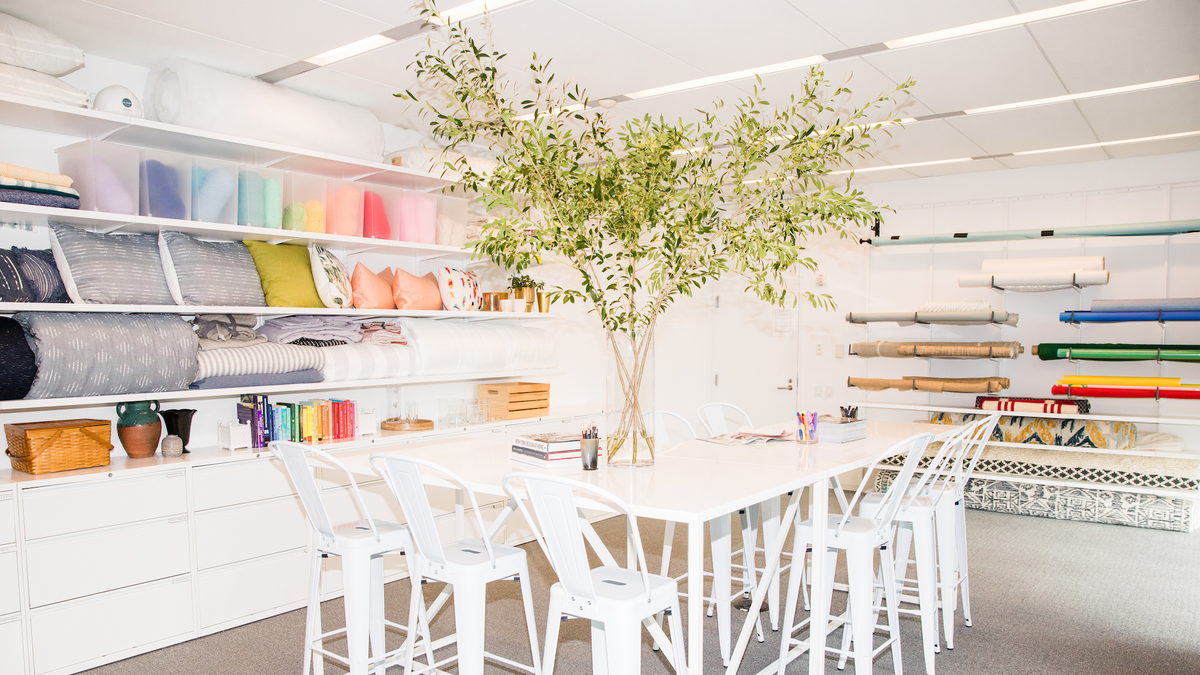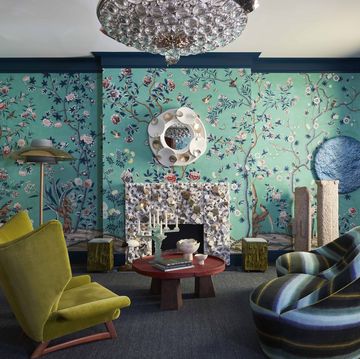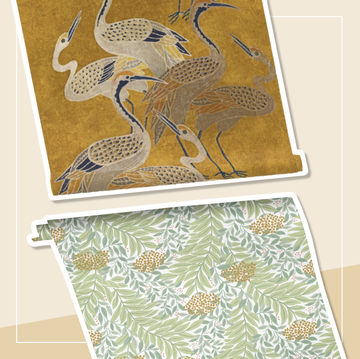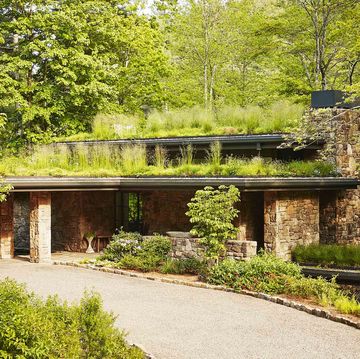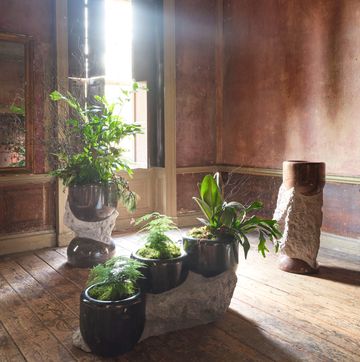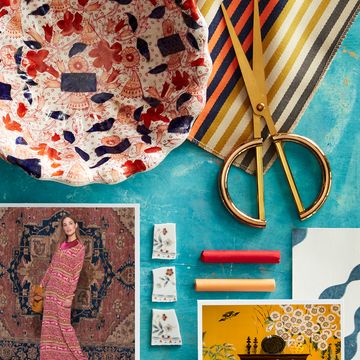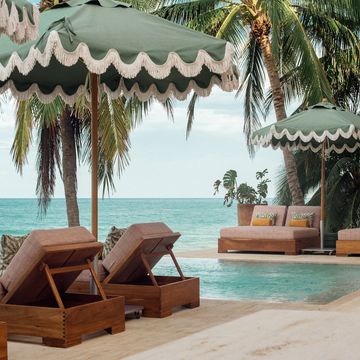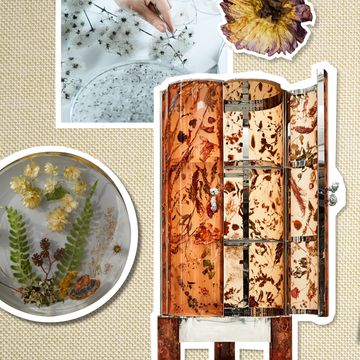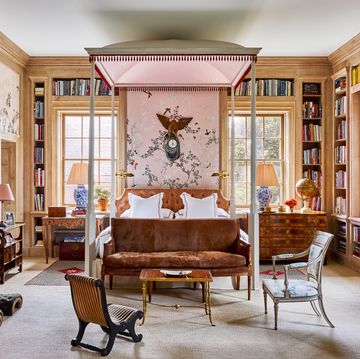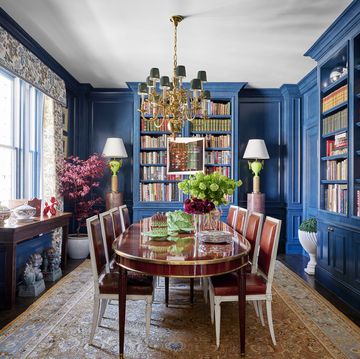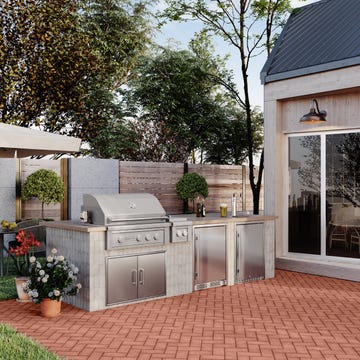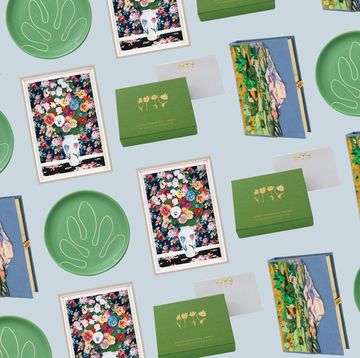At VERANDA, connecting with nature is a way of life. As our brand name implies, we are uniquely poised at the transition between indoors and out, ushering natural beauty into your home while also luring you into the natural world.
As such, you won’t be surprised to learn that spaces like conservatories, sunrooms, porches and—of course—verandas are our favorites. Either enclosed in glass or open to the outdoors but covered, these spaces offer expansive views of the landscape, or prospects, as well as a sense of comfortable enclosure, or refuge—something I explore in greater depth in the editor’s letter of the May/June 2024 issue of VERANDA.
Still, you won’t find many of those types of spaces on our covers. While we include photos of them in almost every story about a home (the mere presence of those types of spaces can make the difference in whether we decide to feature a house), it’s rare that we select them for our cover, especially sunrooms and porches. I think it’s because these indoor-outdoor spaces tend to be decorated in a more casual manner—which is exactly what you want when you’re in such a space, but it's not always right for the one image that represents an entire issue.
To be VERANDA cover-worthy, a sunroom or porch must embody not only casual comfort but sophisticated refinement. It must have a magical natural light that reflects its relationship to the landscape and lures you in. And it must have a certain level of drama that can come from the furniture, colors, texture, scale—ideally, all the above.
Enter the Los Angeles space featured on our May/June 2024 cover designed by Michael S. Smith, which just may be the most sophisticated sunroom ever designed. It has all the trappings of sunroom: woven texture, ample natural light, and a palette that visually connects the interiors to the garden. “The room is a portal to the magic of the garden, an homage to that alluring indoor/outdoor lifestyle of California,” says the designer. Yet there is nothing typical about this room.
Let’s start with that rug, a vintage wool carpet by Swedish weaver Ingrid Hellman-Knafve. With nearly as many shades of green as seen outside, it’s like a runway for the garden. Speaking about the carpet’s variety of color and texture, Smith compares it to a painting, “with a multitude of colors coming together to create something.” He adds, “I think it’s important to see the hand of man in any space.”
Then there’s the nest of natural texture, from the woven rug, planter, and seating to the plaster walls and layered window treatments (curtains from Elitis and shades from Hartmann and Forbes). Here, the magic really is in the mélange: Everything is casual, yet the layering of woven rope seating (John Himmel Decorative Arts), plaster walls (Rex J. Pratt, Inc.), linen window treatments, and even the wood chair frames (more on those chairs, by Jasper, in a minute), lends depth and dimension to the monochromatic mix.
And then there’s the furniture, at once comfortable, casual, and durable—and yet, for those in the know, a veritable catalogue of iconic furniture styles.
That woven seating? It’s inspired by the early to mid-20th century work of French designers Adrien Audoux and Frida Minet, who designed pieces in in rope woven from the fronds of local palm trees. The plaster chandelier is by French sculptor Philippe Anthonioz, who discovered a passion for plaster while working under 20th century legendary artist and furniture maker Diego Giacometti. The faux bois table base echoes the French tradition of crafting “false wood” furniture from concrete dating back to the 19th century.
Perhaps best—or most delightful—of all is the animal-inspired footed furniture. After all, what could be more appropriate for nodding to nature than furnishing a sunroom with chairs and a side table that appear as though they could trot out to the garden?
Furniture with anthropomorphic feet have a long tradition in the decorative arts that can be traced all the way back to ancient Egypt.
Styles like the ball and claw foot (a bird’s claw clasping a ball), the claw foot (usually depicting claws or paws from eagles, dogs, or lions), the trifid or drake foot (with three carved toes), or the monopodium (often resembling a lion’s paw and inspired by ancient Greek, Roman, or Egyptian designs) date back to the 18th century while the Baroque hoof style was used as early as the 17th century.
The animal foot marched boldly back into design following the exhumation of King Tutankhamun’s tomb in 1923. The discovery kicked off a new era of Egyptomania on the heels of the 19th century Egyptian Revival, with ancient motifs and materials permeating all realms of design and having a deep impact on the development of the Art Deco movement of the 1920s and 1930s.
"The most famous Egyptian revival design is the Thebes stool designed by L.F Wyburd and initially produced by Liberty of London in 1884, although production carried over into the 20th century," says Tony Freund, editorial director and director of fine art at 1stDibs. "Many versions of these were produced but the best examples are the early Liberty of London examples that retain their ivory tags."
In this room, Smith contemporizes that tradition with pared-down versions that wink at the ancient roots and more recent historical interpretations of animal-footed furniture. First, there’s the four wooden chairs he designed as a riff on French designer Marc du Plantier's “Egyptian” chair from the 1930s. “They feel contemporary, but there’s a reference point to the 1930s and even earlier,” he says.
Then, there’s the plaster three-legged stool by late mid-20th century American designer John Dickinson (reproduced today by Sutherland Furniture). “They’re iconic monuments to modern furniture design but they also have a sense of romance about them,” Smith says. “That thread of modernity pulls us through to today and gives important dimension to a contemporary house.”
Bridging past and present, indoors and out, sophisticated and casual, Smith's sunroom proved the perfect cover for our annual outdoor living issue.

